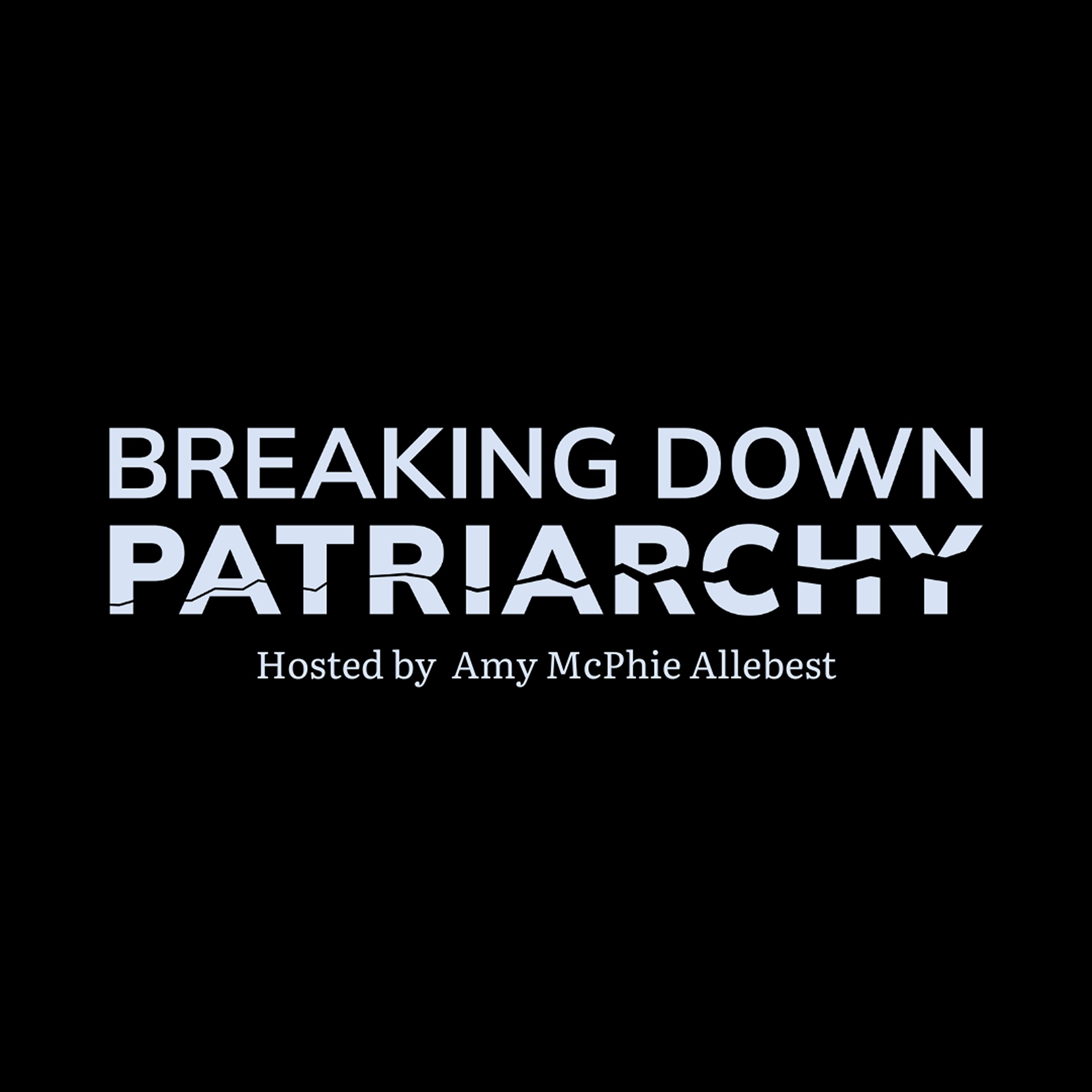Episode 56
Bad Feminist, by Roxane Gay
Published on:
12th October, 2021
Amy is joined by guest Malia Morris to discuss Men Explain Things to Me by Rebecca Solnit. Topics include the intersection of sex and racism, calling in v. calling out, bossiness, mansplaining, and seeing humanity in others.
Setareh Greenwood (she/they) is a queer Iranian-American from the California Bay Area. She is currently a first-year student at Mount Holyoke College considering majoring in sociology with a minor in music. Setareh is interested in studying queer theory, social psychology, and literature. She also enjoys painting, Shakespeare, and writing mediocre poetry.


